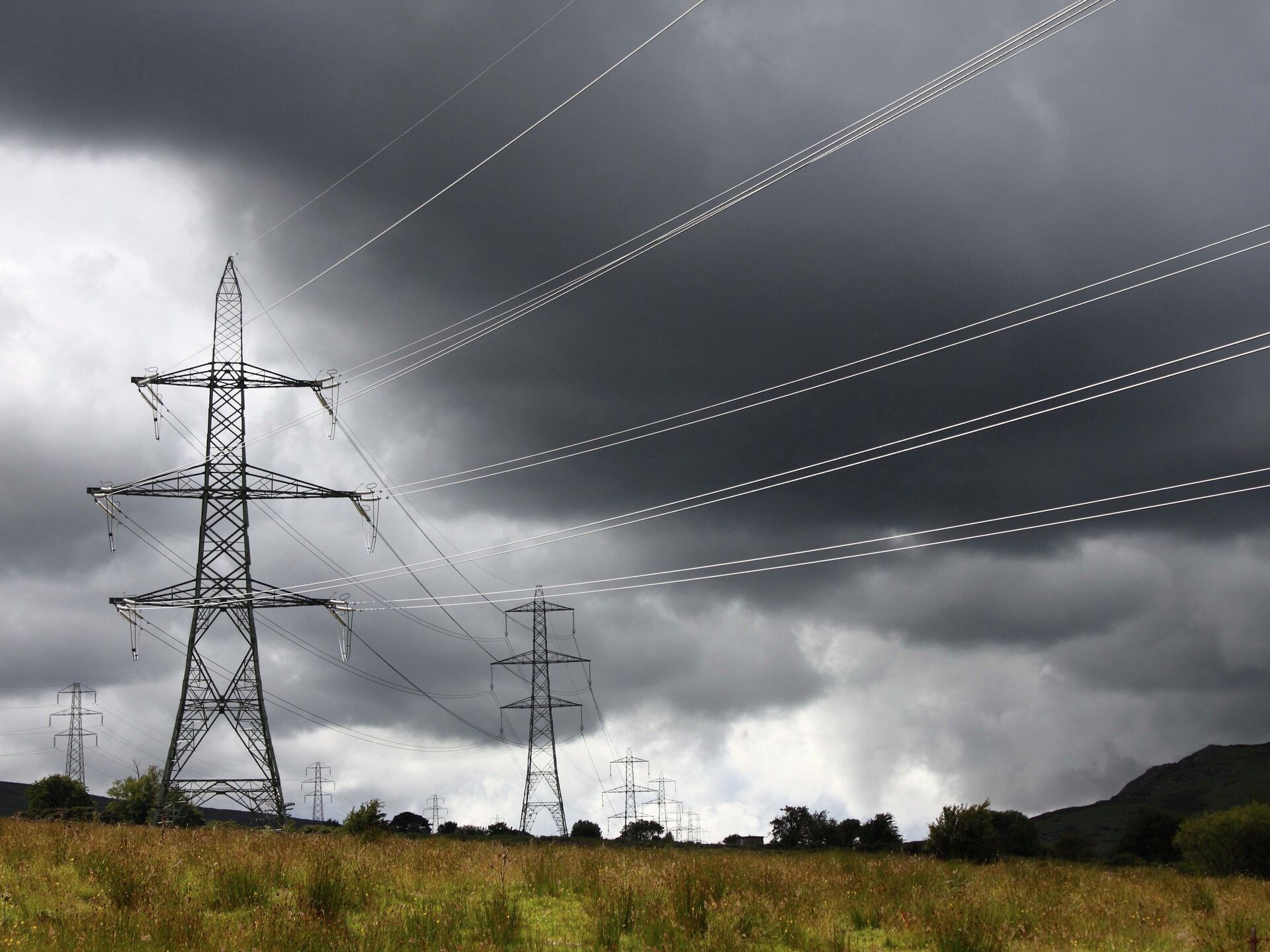Brits could get paid to reduce electricity use: Reports
National Grid energy firm wants consumers to turn off electric appliances during peak hours and is willing to pay Brits for that.
-

Brits could get paid to reduce electricity use: Reports
The United Kingdom plans to introduce a system of benefits for people willing to cut down on electricity during the coming fall and winter seasons, the Daily Express reported.
The National Grid energy firm wants consumers to turn off electric appliances, including washing machines and video game consoles, between 5 pm and 8 pm on a daily basis, according to the newspaper, citing sources.
"It is definitely not about people sitting in the dark, or volunteering to be cold. It is about doing the washing at a different time of day," one source said.
Read next: European gas prices surge to six-month peak
National Grid might pay individuals up to £6 ($7 dollars) per kWh if they reduce their electricity use during the busiest three-hour period.
"We are developing a new service that will be available for consumers to benefit from across this winter and will be announcing further information soon," a National Grid spokesman said as quoted by the Daily Express.
The company hopes to implement the new strategy by late October in order to avoid blackouts during the fall and winter, but the idea must still be authorized by the UK Office of Gas and Electricity Markets (Ofgem), the British regulator for companies that operate gas and electricity networks.
UK's health crisis
An NHS chief has warned on Saturday that soaring energy costs will kill more than 10,000 people this winter; a situation the NHS Confederation referred to as a "humanitarian crisis".
Chief Executive of the NHS Confederation, Matthew Taylor, warned, “Many people could face the awful choice between skipping meals to heat their homes and having to live in cold, damp and very unpleasant conditions," The Birmingham Mail reported.
“This in turn could lead to outbreaks of illness and sickness around the country and widen health inequalities, worsen children’s life chances and leave an indelible scar on local communities,” he added.
The European energy crisis
European energy costs have been rapidly rising in line with a global trend, since 2021. The energy situation deteriorated significantly after the start of the war in Ukraine, as well as the adoption of various sanctions packages against Moscow, causing EU countries to look for alternatives to Russian energy supplies.
Switzerland
In a similar context, the Swiss police chief, Fredy Fassler, said that people in Switzerland may go on riots if energy shortages occur in the upcoming winter.
"Power outage... will have serious consequences. Imagine the situation when we can no longer withdraw money from ATMs, we can no longer pay by card in a store or refuel at a gas station. The heaters are no longer working. The streets are all dark. In that case, it would be possible to imagine that the population would rebel," Fassler told the Blick newspaper.
He noted that he does not expect this to happen, but the authorities should be ready for the worst-case scenario.
Germany
Recommendations to slow or halt the consumption of gas in Germany have already been issued weeks ago in order to stock up for the coming winter.
It was reported that millions of German lower-income households will find it hard to pay their energy bills this winter amid a sharp rise in gas prices, according to Lukas Ievenkotten, head of the German Renters' Association.
Last week, German Economy and Climate Action Minister Robert Habeck lamented the entirety of the country's business model, dismissing it as reliant on cheap energy imports from Russia that will never return.
France
French President Emmanuel Macron has already voiced his concerns regarding the consequences of imposing a gas embargo on Russia earlier this year.
Nearly a month after the start of the war in Ukraine, Macron stated that if Europe decides to impose a gas embargo on Russia, the consequences would be seen next winter.
"We will not see the consequences of this [sanctions against Russian energy resources] in the spring and summer of 2022 [as gas storages have been replenished], but next winter, we will feel them if there is no more Russian gas," Macron said in an interview with the Ouest-France daily.
Read next: Venezuela stops oil shipments to Europe

 4 Min Read
4 Min Read









